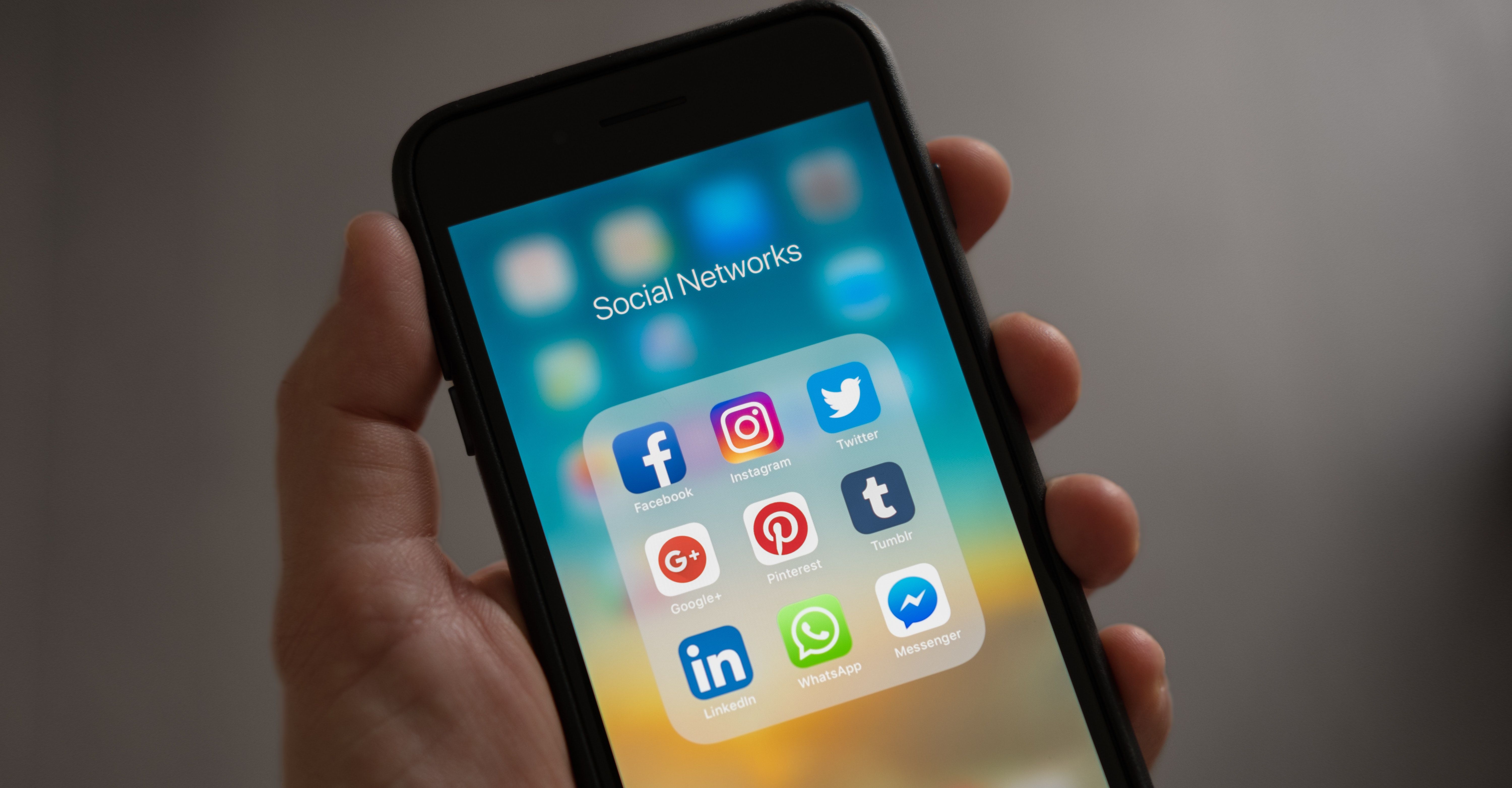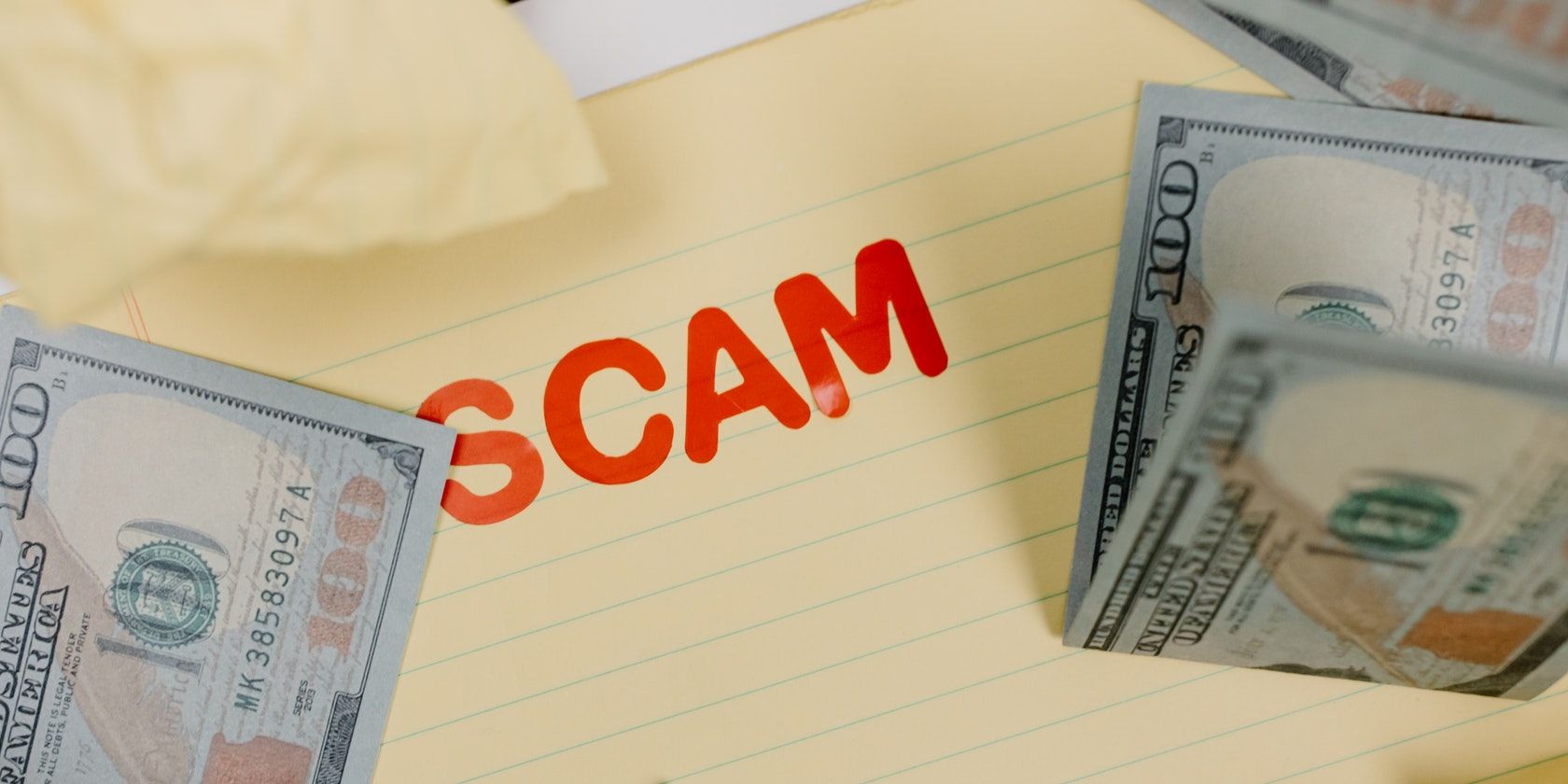While social media has its benefits, many have questioned the cost that these platforms have had on society and individuals.
From increasing polarization, misinformation, and how it negatively affects vulnerable users; there's no denying that social media has also come with consequences.
But these effects aren't only limited to societal ones or theoretical negative effects.
Here are several reasons why social media is bad for you...
1. The Increasing Privacy Costs
More users are aware of how social media platforms mine our data and track us across the web in order to serve targeted advertisements and provide services to business customers.
However, despite promises that users will get more control over their privacy, social media platforms continue to monetize our data and centralize their access to this data.
Perhaps one of the most notable examples is Meta. Thanks to its ownership of Facebook, Instagram, and WhatsApp, which were previously separate companies, Meta has pushed data-sharing between the platforms for its users.
In fact, in November 2021, WhatsApp had to change its privacy policy for violating GDPR requirements, but the change only applied to Europe.
2. Social Media Can Create Filter Bubbles
Another reason why social media is bad for you is its tendency to create filter bubbles.
Regardless of where you land on the political spectrum, the way social media algorithms are designed easily creates filter bubbles and echo chambers for users.
A "filter bubble" is created when user activity results in algorithms learning to filter out content that may disagree with their ideological viewpoint, which prevents them from being exposed to different ideas.
An algorithm isn't purposefully doing this—rather, it is basing it on the content you seem to interact with and enjoy on the platform. It therefore feeds you more of this content, as well as content that users with similar preferences also engaged with.
It also becomes less likely to serve you content not associated with your preferences.
While this is harmless if you like cat pictures and want Instagram to recommend more cat pictures and cat accounts, it becomes a problem if you use social media as your primary means of finding news.
For example, if you fall on one side of a political issue and have previously liked posts from a politician, a site will keep recommending that politician's posts and similar posts.
Even if you'd be open to additional information and viewpoints, these filter bubbles make it less likely these posts will reach your timeline.
3. Risk of Exposure to Scams and Breaches
Social media poses security concerns on a variety of fronts for users, even if you don't share your whole life on public platforms.
Depending on the number of platforms you use, how you link them to each other, and how much information you share on them, you can become vulnerable to numerous security concerns.
For example, a breach or leak on one site compromises linked accounts. Meanwhile, leaving an easy-to-track digital footprint makes it simpler for cybercriminals to access your accounts, gather information on you, or engage in spear-phishing scams.
Even if you're not targeted directly via hacks or scam messages, there are also the variety of social media scam adverts and accounts on platforms that seem to endlessly evade filters.
Most people know not to respond to emails from foreign royalty. But social media scams are finding ways to use smartphone giveaways, dodgy products, and blockchain hype to con users out of their money or personal information.
4. The Downsides of Doomscrolling
While some people find doomscrolling—the act of reading through and browsing bad news on social media—a useful coping mechanism, it can also increase the anxiety and feelings of hopelessness people feel during times of upheaval.
The term "doomscrolling" came to prominence during 2021 as people coped with the COVID-19 pandemic, but it's a familiar negative spiral.
In a report on the trend from Perspectives in Psychiatric Care, the authors note that many users go out seeking a glimmer of good or optimistic news, only to find even more negative news. However, our cognitive bias for optimism keeps us searching.
Considering that social media sites are already primed to keep us engaged and online, this just increases the likelihood that you'll find yourself doomscrolling during tough times.
The authors of the report note that users get trapped in a cycle of doomscrolling or doomsurfing:
However, in this search of optimistic or positive news, they end up scrolling or surfing through a lot of pessimistic news which leads to further exacerbation of feelings of anxiety, apprehension, uncertainty, and panic and this becomes a vicious circle where the individuals appear to become trapped on the internet via doomsurfing with unpleasant emotions and stress.
5. Targeted Ads Target Insecurities
Researchers continue to note the negative effects of social media on the mental health of some of its users, especially those who are already vulnerable or at-risk.
Some of this is linked to social comparison and the pressure to keep up with those we see on platforms. This includes fitting into the beauty standards set by influencers and filters.
But while users can choose whether or not they follow certain accounts, avoiding ads is much more difficult—especially when platforms use cookies to track other sites you've visited.
While targeted ads are usually harmless, or at worst annoying, their precision on social media platforms means that they can also worsen those mental health pressures experienced by users.
This is apparent when users with body image issues or users recovering from eating disorders receive weight-loss advertisements or sponsored posts from influencers promoting diets.
It doesn't take visiting a weight-loss site search to trigger these types of ads either. For example, visiting a plus-size clothing website has triggered these ads in my own experience.
What the platform or algorithm may view as a helpful, relevant ad, may actually end up targeting your insecurities based on your browsing history. Did you visit a site about hair loss to find out more about a medical condition? You may start receiving supplement adverts.
Is Social Media All Bad?
Social media isn't all bad, there are positive effects and reasons to use these platforms.
However, this doesn't mean they cancel out the negative effects. Being aware of the bad effects of social media can make you a more conscious social media user and help you try to take control of your experience so that it's a mostly positive one.




